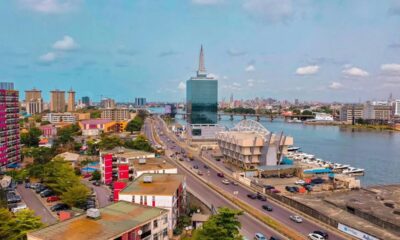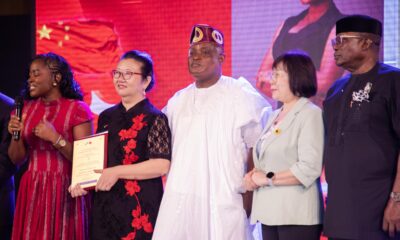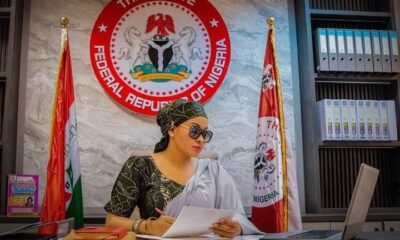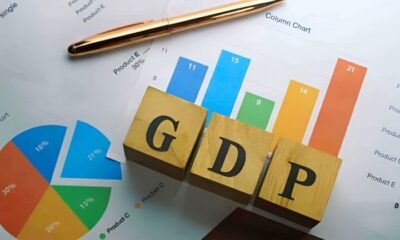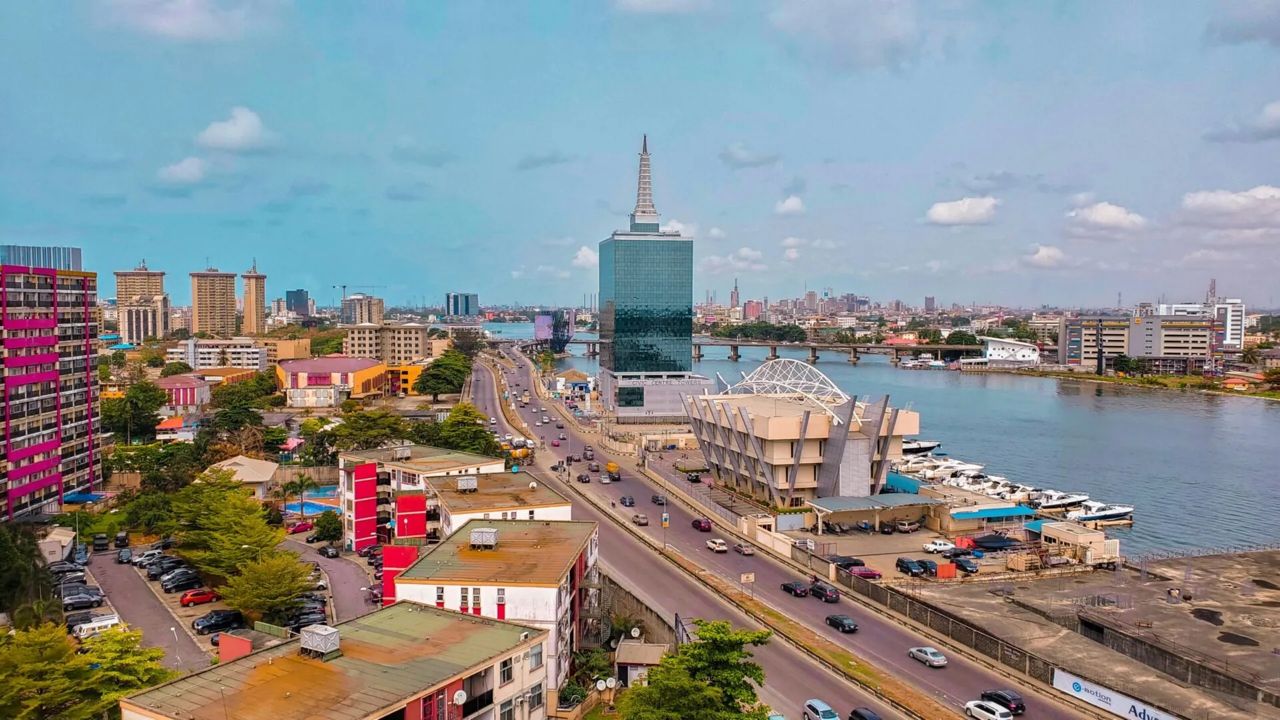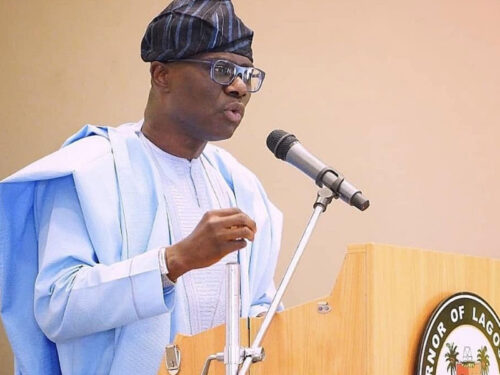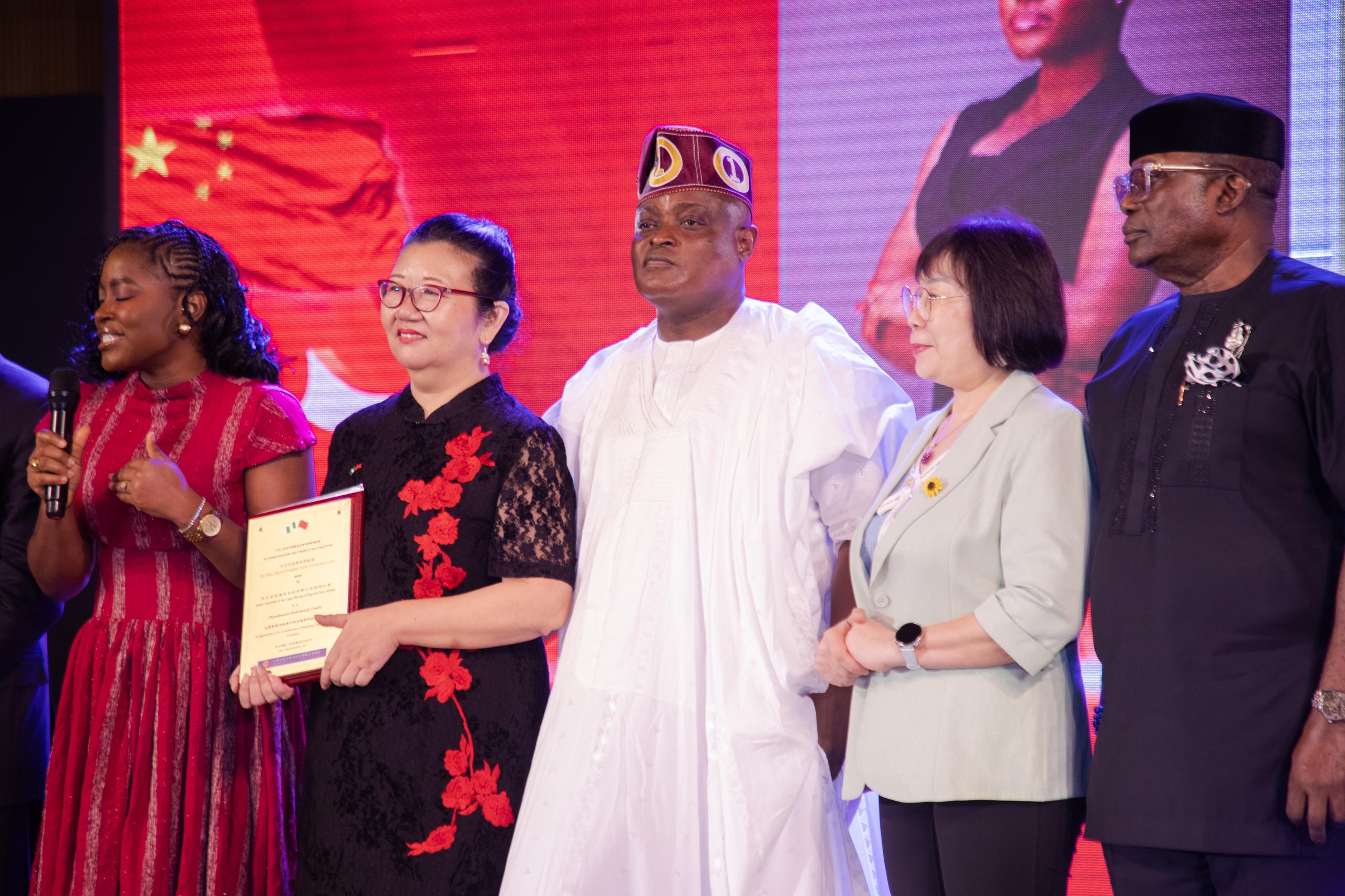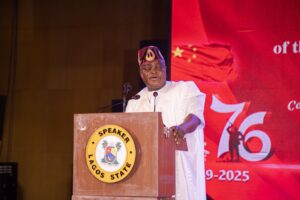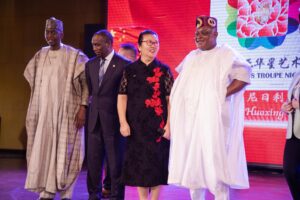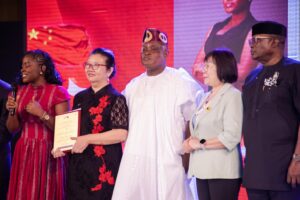Lagos, Nigeria’s vibrant economic hub, pulses with the energy of over 22 million people, all living on the edge of a precarious coastal shelf. Here, the realities of climate change, rising seas, torrential rains, and sprawling waste aren’t distant threats but daily challenges. Yet, in the face of these pressures, Lagos is stepping up with bold moves to protect its future. From cracking down on reckless development to turning trash into treasure, the state’s recent efforts through agencies like the Lagos State Environmental Protection Agency (LASEPA), the Lagos Waste Management Authority (LAWMA), and the Lagos State Wastewater Management Office (LSWMO) show a city determined to adapt. While these steps are promising, they also reveal gaps that need addressing to ensure resilience reaches every corner of this sprawling metropolis.
Lagos’s vulnerability is no abstract concern. From March to October, excessive rainfall compounds sea level rise, creating tidal locks that trap stormwater and unleash flash floods. Communities like Idotun and Okun Ajah have already vanished beneath the waves, a stark reminder of the stakes. Reclamation projects have ballooned the state’s landmass from 3,577 to 4,050 square kilometers, fueling economic growth but often at the expense of vital wetlands and mangroves that once buffered against erosion. As Tokunbo Wahab, Lagos State Commissioner for the Environment and Water Resources, noted during a recent panel at Harvard Business School’s “Rising Seas, Resilient Communities: Climate Adaptation Strategies in West Africa,” unchecked human activities, driven by greed for real estate could spell a “recipe for future crisis.” The state’s response? Rigorous environmental impact assessments and drainage master plans for all reclamation, ensuring that development does not devour its own foundation.
This regulatory backbone was on full display in the week’s operations. On September 18, the Ministry suspended all ongoing reclamation projects across key areas like Ikoyi, Victoria Island, Lekki, and Badagry, demanding comprehensive documentation and reconnection of blocked waterways. While this halt disrupts timelines for developers, it is a necessary circuit breaker, prioritizing ecosystem integrity over short-term gains. Critics might argue it risks stalling economic momentum in a city where real estate drives jobs and revenue. Yet, viewed through the lens of long-term habitability, it is a prudent recalibration. The Great Wall of Lagos, built under former Governor (now President) Bola Ahmed Tinubu, already shields Victoria Island from surges; extending such foresight to all reclamation sites could prevent more losses like those in Okun Ajah. The challenge lies in streamlining approvals to avoid bureaucratic paralysis, a fine line that Lagos must navigate to keep innovation flowing without flooding risks escalating.
Parallel to these terrestrial safeguards, LASEPA’s initiatives highlighted the power of grassroots engagement. On September 16 and 17, the agency rolled out a two-day Sensitization and Awareness Programme under the theme “The Power of Small Actions: How Individuals Shape a Sustainable World.” Targeting students at Lagos State University of Science and Technology in Ikorodu, the sessions promoted energy conservation, waste reduction, and the “Reduce, Reuse, Recycle” ethos. Dr. Babatunde Ajayi, LASEPA’s General Manager, emphasized practical steps like proper disposal of used oils to avert soil contamination. This youth-focused approach is spot-on: with Lagos’s population skewing young, empowering the next generation could yield exponential behavioral shifts. However, as insightful as these talks are, their impact hinges on follow-through. How will LASEPA measure adoption rates or integrate feedback loops? A critical eye reveals the need for digital tracking tools to bridge awareness with accountability.
The crescendo came on September 20, World Clean-Up Day, where LASEPA teamed up with the Oju Eko Community Empowerment Initiatives for a hands-on sanitation drive at Alhaja Abibat Mogaji Sunday Market in Ogba. Under the banner “Tackling Textile and Fashion Waste through Circular Fashion,” volunteers swept away plastics, sachets, and fabric scraps from market stalls. Mrs. Olabisi Shonibare, standing in for Dr. Ajayi, invoked the adage that “cleanliness is next to godliness,” while market secretary Mrs. Folashade Salako pledged traders’ ongoing cooperation. This event not only beautified a high-traffic hub but also spotlighted fashion waste as a burgeoning crisis; textiles now rival plastics in terms of environmental toll. It’s a clever pivot, aligning global themes with local realities, and fostering community ownership. That said, one-off clean-ups, while visually striking, risk becoming performative if not embedded in year-round incentives like subsidies for recycled fabric bins. LASEPA’s September 15 Air Quality Index report, which flagged vehicular emissions as 70 percent of smog sources, complements this by enforcing annual inspections. Enforcement is ramping up, but scaling it to informal transport hubs could amplify breathable air gains.
Waste management, the linchpin of urban resilience, saw LAWMA flex its muscles in ways that signal a genuine paradigm shift. Long reliant on linear landfills, now largely close to being decommissioned as the authority is aggressively pursuing a circular model, treating refuse as “resource for wealth and energy.” On September 19, LAWMA hosted a stakeholder forum launching an organic waste partnership with Proganics Limited, a Ghanaian firm processing 200 tonnes daily into animal feed and fertilizers. Building on an MOU signed 18 months prior, this deal diverts over 13,000 metric tons annually from Lagos streams, paving the way to shutter relics like Olushosun and Solus 3 landfills within 18 months. Transfer stations will soon rise within the state, slashing landfill reliance and birthing green jobs. Dr. Muyiwa Gbadegesin, LAWMA’s MD/CEO, touted this at the September 3 Property & Environment Writers Association of Nigeria (PEWAN) awards as part of a tech-driven recycling push aiming for 30 percent diversion by 2030. It’s a subnational masterstroke, sidestepping federal hurdles by tapping regional expertise.
Yet, for all its promise, LAWMA’s operations invite scrutiny on equity. While PSP operators now number over 450, coverage lags in low-income areas, where tricycle compactors on pay-as-you-go models are rolling out in Ibeju-Lekki but not universally. Public complaints, like those on Admiralty Way where filth persists despite alerts, expose gaps in responsiveness. A critical perspective demands more: integrate AI for route optimization and subsidize fees for the poorest households, as World Bank surveys suggest low awareness hampers participation. LAWMA’s summer school program, which concluded August 28, equipped pupils with sustainability tools, a smart seed-planting exercise. Extending it to adult literacy in slums could democratize the circular economy.
LSWMO’s contributions, though quieter, are no less vital in averting liquid waste from fueling floods. The September 8 sealing of EMCEL Court Phase I and Well Stock Apartments in Ikota GRA for dumping untreated wastewater into drains set a firm tone, with effects rippling into the week’s advocacy. This followed arrests of illegal dumpers, dubbed the “Bola Boys,” and a styrofoam ban, safeguarding waterways from blockages that exacerbate tidal locks during five-plus-hour downpours. Prosecutions under Commissioner Wahab’s legal lens deter violators, but rehabilitation, perhaps mandatory eco-audits for reopens, could turn penalties into teachable moments. Earlier August actions, like sealing six public toilets in Idi Araba, reinforce this vigilance, though scaling to the city’s 23 million waste generators requires bolder tech, such as sensor-monitored sewers.
These activities are a part of Lagos’s broader climate drive: the 2024 Lagos State Climate Adaptation and Resilience Plan (LCARP), updated in June, maps risks from flooding to heatwaves, with pre-feasibility studies eyeing waste-to-energy. Partnerships, from Ghana’s Proganics to federal collaborations, amplify subnational reach, as Wahab highlighted at Harvard. Regional forums could further harmonize coastal defenses, given Togo’s outsized influence.
Critically, Lagos’s strategy shines in its holism; enforcement tempers with education, borders blur for shared solutions. Yet, it falters where execution meets scale: persistent black spots and uneven access risk alienating the very communities meant to benefit. Public trust, eroded by past inaction, demands transparency and while prosecuting ecosystem wreckers is just one part, pairing it with incentives for green building could accelerate buy-in from developers.
Lagos is not yet the paragon of resilience, but it is evolving. These operations prove intent outpaces inertia. As Wahab asserts, climate change is “real to us,” but so is our capacity to adapt. By refining equity, tech infusion, and accountability, Lagos can lead West Africa not just in survival, but in thriving amid the tide. The continent watches: will this megacity turn peril into precedent?
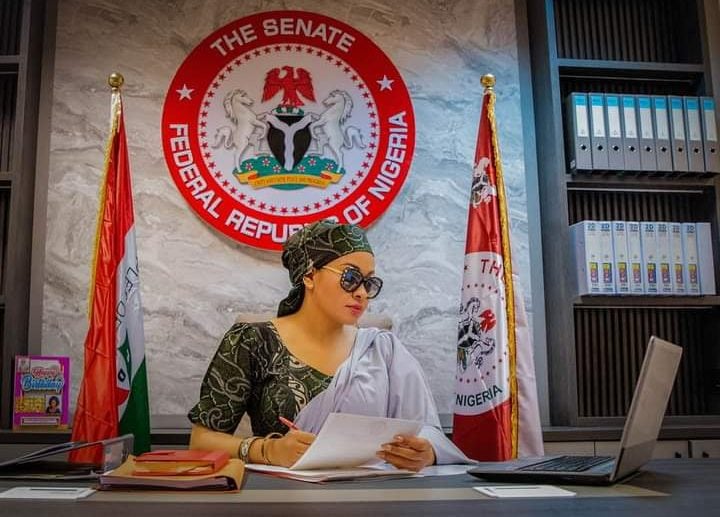

 BIG STORY3 days ago
BIG STORY3 days ago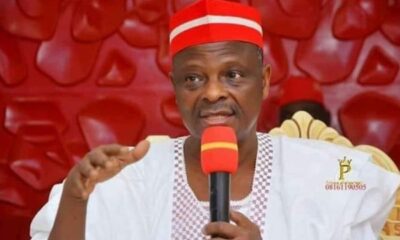
 BIG STORY4 days ago
BIG STORY4 days ago
 BIG STORY5 days ago
BIG STORY5 days ago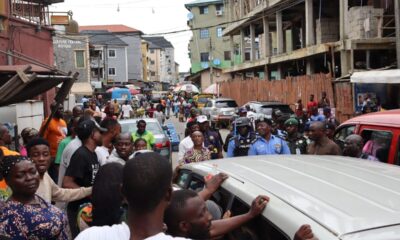
 BIG STORY5 days ago
BIG STORY5 days ago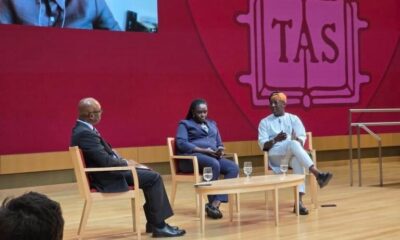
 BIG STORY2 days ago
BIG STORY2 days ago
 BIG STORY5 days ago
BIG STORY5 days ago
 BIG STORY3 days ago
BIG STORY3 days ago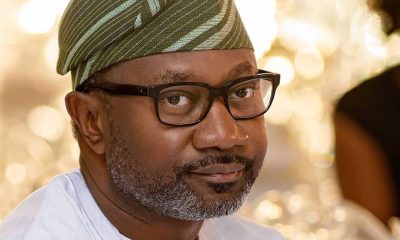
 BIG STORY2 days ago
BIG STORY2 days ago






